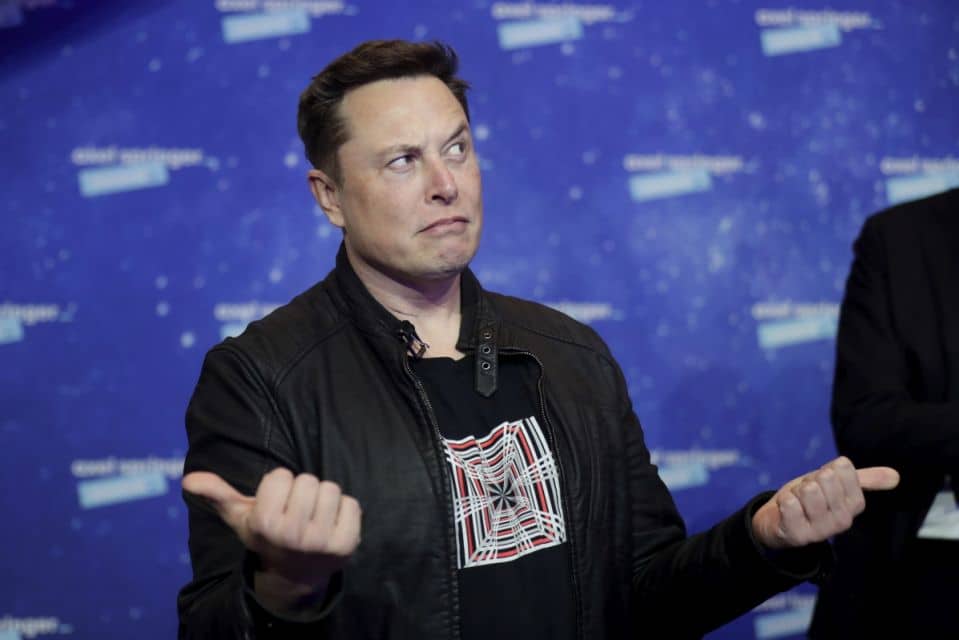A bipartisan group of senators is rolling out the The Securing America’s Clean Fuels Infrastructure Act. The Alternative Fuel Vehicle Refueling Property Investment Tax Credit (30C) will be expanded from $30,000 to $200,000.
The bill’s four co-sponsors claim the existing $30,000 tax credit “isn’t adequate for encouraging greater private investments in clean vehicle refueling infrastructure like electric charging stations and hydrogen refueling stations.” This is particularly true now that several lawmakers are proposing new, environmentally friendly bills and acts to encourage the expansion of the electric vehicle infrastructure.
The sum of money given in credit isn’t the only thing that’s being adjusted. It will also demonstrate that it can be used on individual charging units rather than a whole venue. Some small businesses, for example, use individual charging devices, such as destination chargers, to provide EV drivers with a charging alternative. While some small businesses lack the space to install an entire loadout of EV charging units, they do have the space to install single, low-power chargers that help EV owners gain additional range.
According to The Hill, the Securing America’s Clean Fuels Infrastructure Act will extend the program for another eight years, including any property that begins operation by the end of 2029.
The plan’s key goal is to supplement the introduction of more electric vehicles on the road. EV drivers would likely have to wait for long periods of time to charge their cars if there was inadequate charging infrastructure, particularly as electric cars became more common.
“For our automakers to be globally competitive and to meet our climate goals, we need millions more electric and fuel cell vehicles on our roads in the next decade. By bringing down investment costs, our bill will ensure our nation starts building the necessary charging and clean vehicle refueling stations today,” Senate Environment and Public Works Committee Chairman Tom Carper, a Democrat from Delaware, said. “Many of our nation’s largest automakers are already pledging to electrify and clean up their fleets, but Americans must have far greater access in their communities to electric charging and fuel cell stations. We can’t have clean vehicles without clean vehicle fueling infrastructure—we must invest in both.”
President Joe Biden has set a target of achieving net-zero emissions by 2050 and aims to install 500,000 electric vehicle charging stations by 2030, so the act is gaining traction. In the coming years, Biden also aims to deploy a fully electric fleet of government vehicles.





